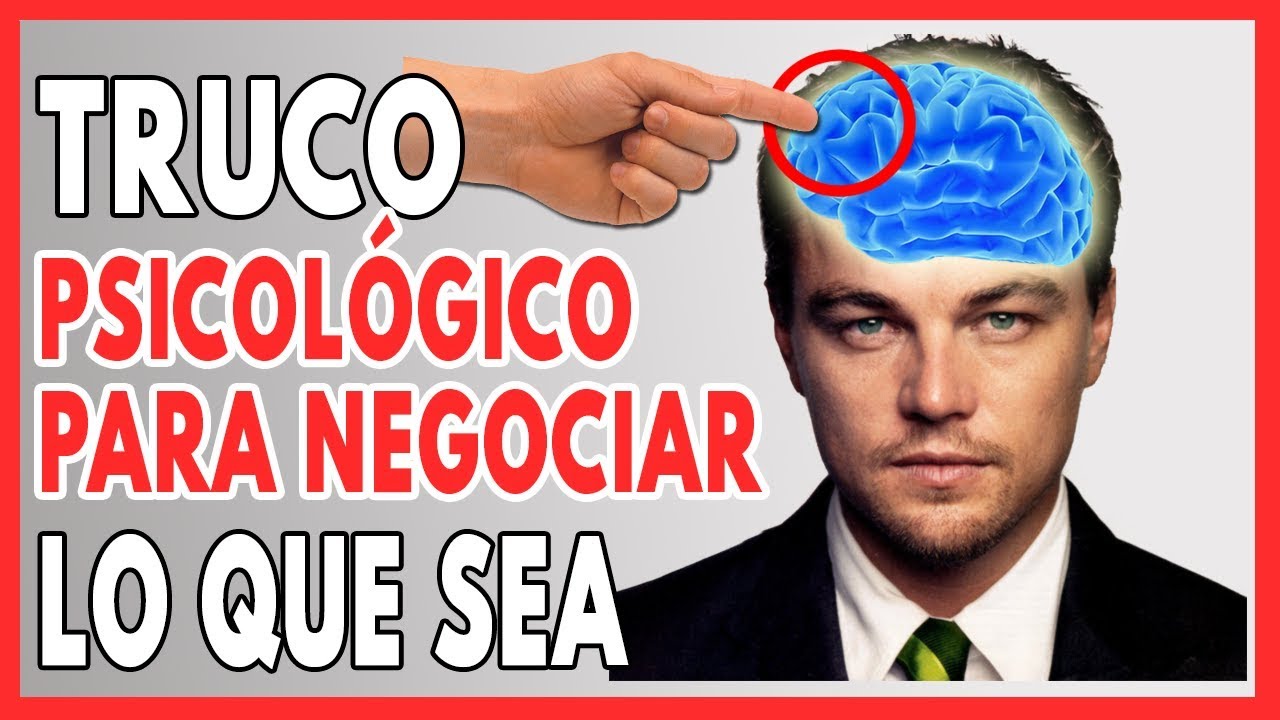Rory Sutherland: Life Lessons from an ad man
Summary
TLDREl transcripto muestra una charla que aborda la creación de valor intangible en la publicidad y cómo esto puede ser una alternativa sustituta a los bienes materiales. El orador utiliza ejemplos como el de un tren de Londres a París, la percepción de los placebos y la historia de la introducción de la papa en Prusia para ilustrar cómo cambiar la percepción puede ser más efectivo que intentar cambiar la realidad. También menciona el uso de tecnologías persuasivas y la importancia de apreciar lo que ya se tiene, en lugar de siempre buscar algo nuevo.
Takeaways
- 📈 La creación de valor intangible o valor percibido en la publicidad es importante y a menudo subestimada.
- 🌐 En un futuro con menos bienes materiales, el valor intangible puede constituir una parte más importante del valor total.
- 🚂 Un ejemplo de cómo la percepción puede mejorar la experiencia, como el viaje en tren de Londres a París, donde el valor agregado fue a través de la experiencia en lugar de acortar el tiempo del viaje.
- 💰 Los placebos son una herramienta poderosa ya que funcionan a menudo mejor que tratamientos reales sin efectos secundarios.
- 🎓 La educación no solo se trata de enseñar cosas, sino de brindar la impresión de una educación buena, lo que puede llevar a una mayor confianza y éxito.
- 🥔 El rebranding del patata en Prusia por Federico el Grande es un ejemplo maestro de cómo cambiar la percepción puede influir en el éxito de un producto.
- 👑 El valor es relativo y percibido; la persuasión a menudo es más eficaz que la compulsión.
- 😀 Los signos de velocidad con emoticonos demuestran cómo los pequeños cambios en la comunicación pueden tener un gran impacto en el comportamiento.
- 🚗 La idea de que los conductores de Porsche fueran criminales es una solución creativa a un problema social, mostrando la importancia de la lateralidad en la resolución de problemas.
- 💍 En tiempos de guerra, el joyero de hierro se convirtió en un símbolo de estatus en Prusia, mostrando cómo el valor simbólico puede ser más importante que el valor intrínseco.
- 👖 El denim es un ejemplo perfecto de un producto que reemplaza el valor material por el valor simbólico.
- 🌱 La valoración de cosas como la salud, el amor y la sexualidad, y aprender a dar valor material a lo que antes se subestimaba, puede hacernos conscientes de que somos mucho más ricos de lo que imaginábamos.
Q & A
¿Qué sugiere el orador sobre el valor intangible en la publicidad?
-El orador sugiere que el valor intangible, como el valor percibido o el valor de marca, a menudo es subestimado y criticado negativamente, pero es crucial, especialmente si queremos reducir el consumo de bienes materiales y aún así mantener o mejorar nuestra calidad de vida.
¿Cómo propone mejorar el viaje en tren de Londres a París?
-En lugar de gastar miles de millones en infraestructura para reducir el tiempo de viaje, sugiere emplear modelos y ofrecer champán gratis durante el viaje, lo que mejoraría la experiencia sin necesidad de un cambio físico significativo y a un costo mucho menor.
¿Cuál es la perspectiva del orador sobre los placebos?
-El orador ve los placebos positivamente, argumentando que son efectivos, económicos de desarrollar, y libres de efectos secundarios significativos, lo cual plantea la cuestión de por qué no se utilizan más ampliamente en la medicina.
¿Qué anécdota histórica relata sobre Federico el Grande y las papas?
-Cuenta cómo Federico el Grande de Prusia promovió el consumo de papas al declararlas un vegetal real, accesible solo para la familia real, lo que aumentó su atractivo y fomentó su cultivo entre los campesinos.
¿Cómo describe el orador el valor de los bienes en relación con la percepción?
-Menciona que todo valor es relativo y percibido, utilizando el ejemplo de cómo los vendedores en Buenos Aires discriminan por precios a los turistas, destacando cómo la percepción puede influir fuertemente en el valor asignado a los bienes.
¿Qué ejemplo da sobre la creación de valor intangible en el marketing?
-Habla de la propuesta de un intern en Ogilvy de relanzar el cereal Shreddies simplemente rotándolo 45 grados y llamándolos 'Diamante Shreddies', lo que fue un cambio puramente perceptivo pero efectivo.
¿Qué opina sobre la imposición frente a la persuasión en la política pública?
-Argumenta que la persuasión es más efectiva que la imposición, usando el ejemplo de cómo Atatürk en Turquía desalentó el uso del velo haciéndolo obligatorio solo para las prostitutas, evitando así resistencia y obteniendo un cambio cultural.
¿Cómo aplica su enfoque a problemas ambientales y sociales?
-Sugiere que podemos abordar problemas ambientales y sociales alterando la percepción y el valor de las cosas, en lugar de cambiar físicamente los bienes o servicios, como su idea de utilizar joyería de hierro durante la guerra para sustituir a la de oro y promover el sacrificio.
¿Cuál es la importancia de la economía conductual en sus propuestas?
-El orador valora la economía conductual por su capacidad de influir en el comportamiento humano a través de pequeños cambios en la percepción y la presentación de opciones, como el uso de señales de velocidad que muestran caras sonrientes o tristes para controlar el tráfico.
¿Qué crítica hace a la visión tradicional de la economía sobre el valor?
-Criticó la noción de que el verdadero valor solo proviene del trabajo físico y materiales limitados, argumentando que el valor añadido que percibimos en bienes y servicios a través de la publicidad y la percepción es igualmente válido y necesario.
Outlines

此内容仅限付费用户访问。 请升级后访问。
立即升级Mindmap

此内容仅限付费用户访问。 请升级后访问。
立即升级Keywords

此内容仅限付费用户访问。 请升级后访问。
立即升级Highlights

此内容仅限付费用户访问。 请升级后访问。
立即升级Transcripts

此内容仅限付费用户访问。 请升级后访问。
立即升级5.0 / 5 (0 votes)






